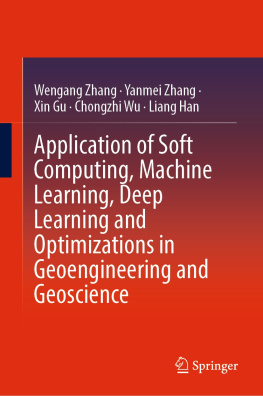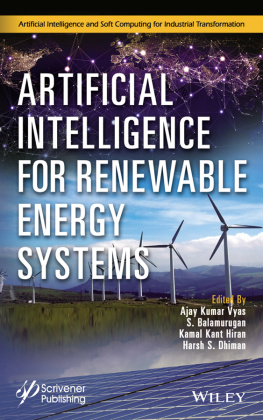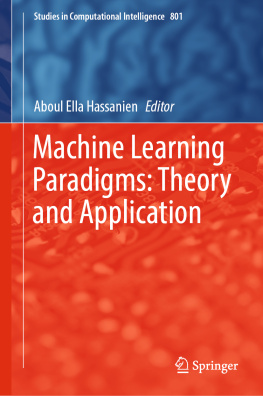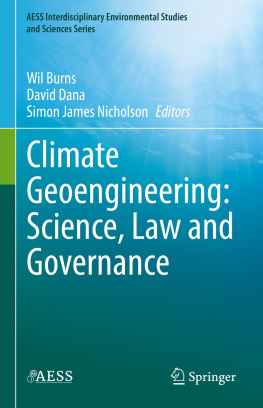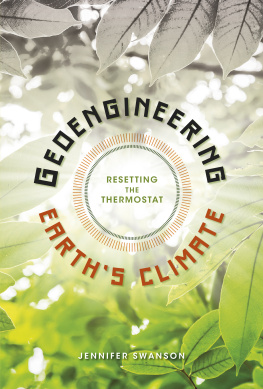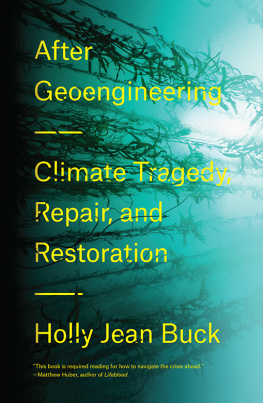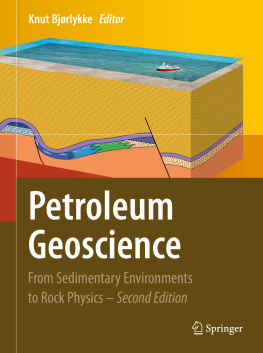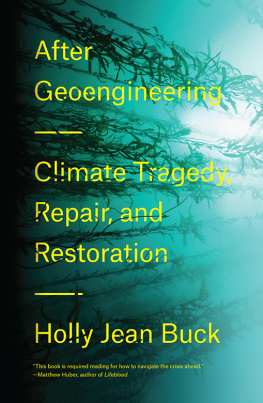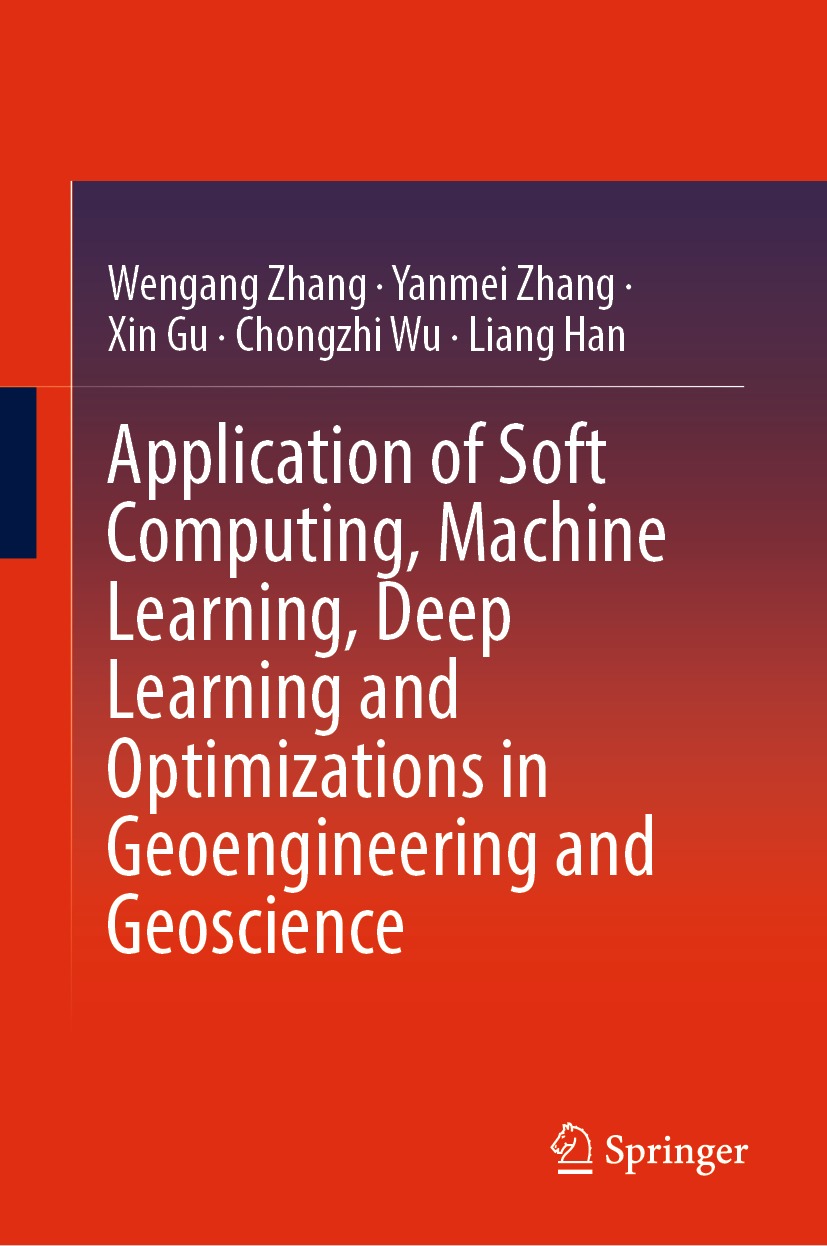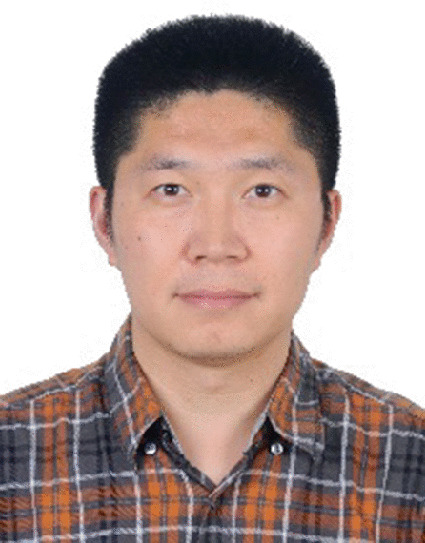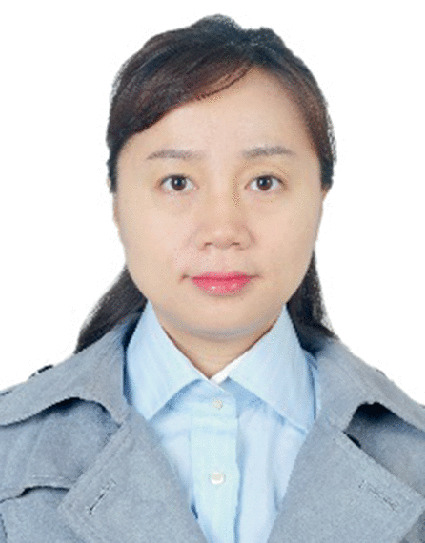Wengang Zhang , Yanmei Zhang , Xin Gu , Chongzhi Wu and Liang Han
Application of Soft Computing, Machine Learning, Deep Learning and Optimizations in Geoengineering and Geoscience
1st ed. 2022

Logo of the publisher
Wengang Zhang
School of Civil Engineering, Chongqing University, Chongqing, China
Yanmei Zhang
College of Aerospace Engineering, Chongqing University, Chongqing, China
Xin Gu
School of Civil Engineering, Chongqing University, Chongqing, China
Chongzhi Wu
School of Civil Engineering, Chongqing University, Chongqing, China
Liang Han
School of Civil Engineering, Chongqing University, Chongqing, China
ISBN 978-981-16-6834-0 e-ISBN 978-981-16-6835-7
https://doi.org/10.1007/978-981-16-6835-7
The Editor(s) (if applicable) and The Author(s), under exclusive license to Springer Nature Singapore Pte Ltd. 2022
This work is subject to copyright. All rights are solely and exclusively licensed by the Publisher, whether the whole or part of the material is concerned, specifically the rights of translation, reprinting, reuse of illustrations, recitation, broadcasting, reproduction on microfilms or in any other physical way, and transmission or information storage and retrieval, electronic adaptation, computer software, or by similar or dissimilar methodology now known or hereafter developed.
The use of general descriptive names, registered names, trademarks, service marks, etc. in this publication does not imply, even in the absence of a specific statement, that such names are exempt from the relevant protective laws and regulations and therefore free for general use.
The publisher, the authors and the editors are safe to assume that the advice and information in this book are believed to be true and accurate at the date of publication. Neither the publisher nor the authors or the editors give a warranty, expressed or implied, with respect to the material contained herein or for any errors or omissions that may have been made. The publisher remains neutral with regard to jurisdictional claims in published maps and institutional affiliations.
This Springer imprint is published by the registered company Springer Nature Singapore Pte Ltd.
The registered company address is: 152 Beach Road, #21-01/04 Gateway East, Singapore 189721, Singapore
Preface
The so-called Fourth Paradigm has been boomingly developed during the past two decades, in which large quantities of observational data are available to scientists and engineers. Big data is characterized by the rule of the five Vs: Volume, Variety, Value, Velocity and Veracity. The concept of big data naturally matches well with the features of geoengineering and geoscience. Large-scale, comprehensive, multidirectional and multifield geotechnical data analysis is becoming a trend. On the other hand, soft computing (SC), machine learning (ML), deep learning (DL) and optimization algorithm (OA) provide the ability to learn from data and deliver in-depth insight into geotechnical problems. Researchers use different SC, ML, DL and OA models to solve various problems associated with geoengineering and geoscience. Consequently, there is a need to extend its research with big data research through integrating the use of SC, ML, DL and OA techniques.
This book focuses on the state of the art and application of SC, ML, DL and OA algorithms in geoengineering and geoscience. Various SC, ML, DL and OA approaches are firstly concisely introduced, concerning mainly the easy-to-interpret multivariate adaptive regression splines (MARS) model, supervised learning, unsupervised learning, deep learning and optimization algorithms. Then their representative applications in the geoengineering and geoscience are summarized via VOSviewer demonstration. The authors also provided their own thoughts learnt from these applications as well as work ongoing and future recommendations. This book aims to make a comprehensive summary and provide fundamental guidelines for researchers and engineers in discipline of geoengineering and geoscience or similar research areas on how to integrate and apply SC, ML, DL and OA methods.
Wengang Zhang
Yanmei Zhang
Xin Gu
Chongzhi Wu
Liang Han
Chongqing, China
Abbreviations
ABC
Artificial bee colony
ACO
Ant colony optimization
AE
Automatic encoder
AI
Artificial intelligence
ANFIS
Adaptive neuro-fuzzy inference system
ANN
Artificial neural network
BC
Bayesian classifier
BF
Bacterial foraging
BM
Boosting methods
BO
Bayesian optimization
CG
Conjugate gradient
CNN
Convolutional neural network
CS
Cuckoo search
CSO
Cat swarm optimization
DBN
Deep belief network
DE
Differential evolution
DL
Deep learning
DT
Decision tree
ELM
Extreme learning machine
FA
Firefly algorithm
GA
Genetic algorithm
GEP
Gene expression programming
GP
Genetic programing
GRNN
Generalized regression neural network
GWO
Gray wolf optimizer
INSAR
Interferometric synthetic aperture radar
KNN
K-nearest neighbor
LiDAR
Light detection and ranging
LR
Linear regression
LSTM
Long short-term memory
M5
M5 model tree
MA
Memetic algorithm
MARS
Multivariate adaptive regression splines
ML
Machine learning
MLP
Multilayer perceptron
NB
Naive Bayes
OA
Optimization algorithm
PCA
Principal component analysis
PSO
Particle swarm optimization
QGWO
Quantum gray wolf optimizer
RBF
Radial basis functions
RBM
Restricted Boltzmann machine
RBMs
Restricted Boltzmann machines
RF
Random forest
RNN
Recurrent neural network
SAR
Synthetic aperture radar
SC
Soft computing
SFL
Sugeno fuzzy logic
SFLA
Shuffled frog leaping algorithm
SGD
Stochastic gradient descent
SVD
Singular value decomposition
SVM
Support vector machine
SVR
Support vector regression
TBM
Tunnel boring machine
TSP
Traveling salesman problem
WOA
Whale optimization algorithm
XGB
Extreme gradient boosting
XGboost
Extreme gradient boosting
Contents
About the Authors
Dr. Wengang Zhang
is currently a full professor in School of Civil Engineering, Chongqing University, China. His research interests focus on impact assessment on the built environment induced by underground construction, as well as big data and machine learning in geotechnics and geoengineering. He is now the member of the ISSMGE TC304 (Reliability), TC309 (Machine Learning) and TC219 (System Performance of Geotechnical Structures). He has been selected as the Worlds Top 2% Scientists 2020.

